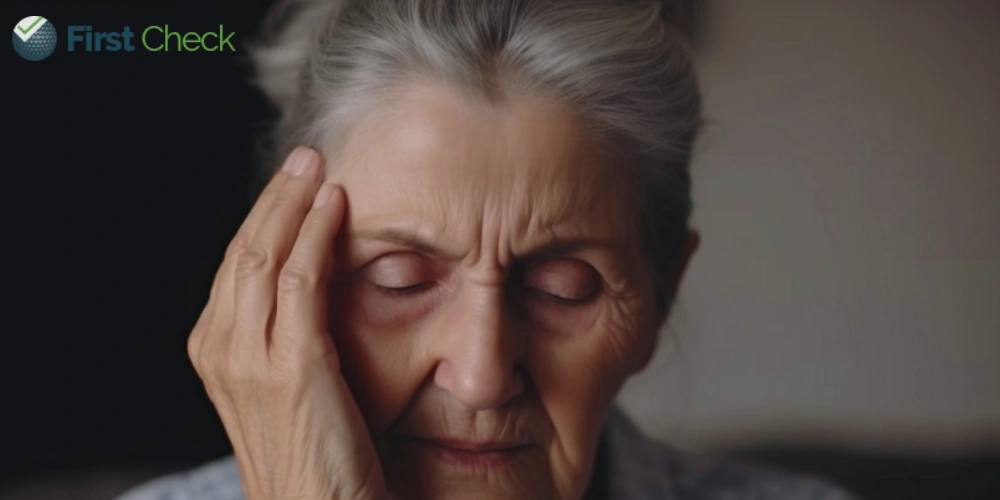Fact-check: The connection between sleep and feeling young
Author
Author
- admin / 2 years

- 0
- 2 min read

Author
Studies indicate that lack of sleep can accelerate the process of aging, says Dr Puneet Khanna, Head of Department and Consultant in Respiratory Medicine at Manipal Hospital, Delhi, India.
Is a good night’s sleep the secret to feeling young? The answer is yes, according to a recent research by Stockholm University. First Check reached out to Dr Puneet Khanna, Head of Department and Consultant in Respiratory Medicine at Manipal Hospital, Delhi, India, to fact-check the connection between sleep and youthfulness. “Various studies indicate that lack of sleep can accelerate the process of aging,” he says.
Insufficient sleep hampers the body’s reparative mechanisms, which are primarily active at night. “Without enough sleep, these repair processes falter, and the body fails to release adequate endorphins needed for healing daily damage, leading to accelerated aging,” explains Dr Khanna.
Researchers find that insufficient sleep can make older adults’ cells age quicker, causing numerous health issues. Generally, adults require six to ten hours of sleep per night. “An average of eight hours is considered healthy, ideally achieved in one stretch,” says the doctor.
“Insufficient sleep is linked to mental fogging, concentration problems, headaches, stroke, cardiac arrest, hypertension, and metabolic syndrome. Disruptions in any sleep stage can lead to significant health problems, necessitating proper medical consultation,” asserts Dr Khanna.
Explaining the difference between insomnia and sleep deprivation, the doctor says, “Insomnia is the inability to sleep or sleep properly, which can manifest as difficulty falling asleep, staying asleep, or getting restful sleep. Sleep deprivation, on the other hand, refers to inadequate sleep despite the ability to sleep, often due to external factors.”
Dr Khanna recommends the following measures for restful sleep at night:
- Lifestyle changes: Avoid stimulants like tea and coffee at night; have a light and early dinner; and turn off lights early to maintain the circadian rhythm. Minimising electronic device use before bedtime is crucial, as bright screens can disrupt sleep signals.
- Regular exercise and nutritious diet: Physical activity and a balanced diet support good sleep. Make them a part of your daily life.
- Sleep routine: Consistency in sleep timings and patterns helps regulate the body’s internal clock. Maintain a daily sleep routine.
Read More : World Sleep Day 2023: The importance of getting quality sleep at night










